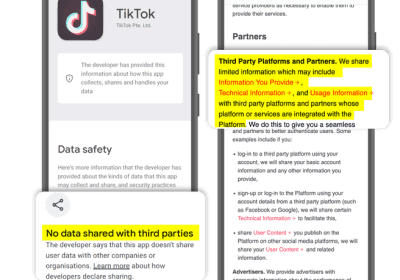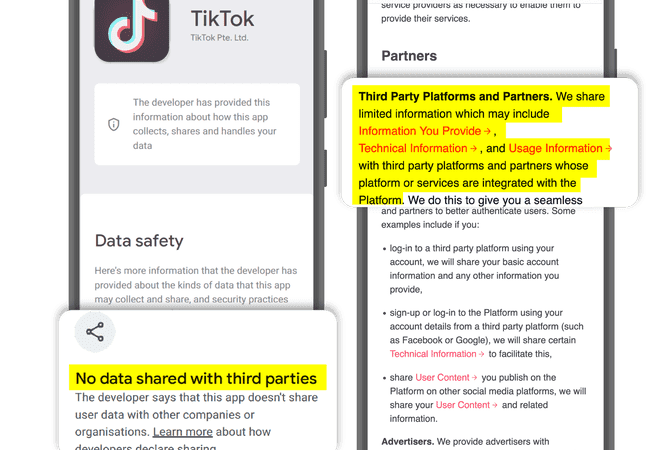The use of social networks is a global phenomenon and growing rapidly, mainly due to the increase in internet access and the popularization of “smartphones”.It is estimated that around two billion people worldwide use social networks.

The use of these technological resources undoubtedly facilitates people’s daily lives in that it allows for faster interpersonal communication and increases access to information. On the other hand, the observation that the use of social networks by people has become excessive, not following a pattern of need and even showing characteristics of addiction (addiction), has been generating concerns about possible impacts that this behavior may have on the physical and mental well-being of individuals.
A recent study, published in the journal Depression and Anxiety , sought to assess whether there is any association between intensity of use of social networks and depression. Depression is a highly prevalent disease that affects all ages, being one of the biggest causes of disability in developed countries. Multiple factors contribute to triggering depression and there is growing interest in how much the overuse of social networks can influence psychological well-being.
The study involved 1,787 adults aged 19 to 32 years. The total time spent using social media was computed and depression was assessed using an information system with a depression scale. The collected data were submitted to statistical treatment, which indicated a robust association between the intensity of the use of social networks with depression.
This type of study, however, does not allow a cause and effect relationship to be established. These results may both indicate that the excessive use of social networks can contribute to depression, as they may also suggest the strong possibility that people who already have symptoms of depression are more likely to use social networks more.
Even if this were the case, however, staying longer on social media would not help lessen the symptoms of depression. In addition, the fact that the results show a dose-response curve (the greater the use of social networks proportionally greater the degree of depression) speaks in favor of the first possibility, without however making it conclusive.
More definitive answers to this question will only be possible with the analysis of a larger set of studies, which will certainly happen in the near future.
Until then, the parsimonious use of social networks seems to be the most prudent attitude.











